BP boss raises the oil giant's dividend ahead of his departure
Bob Dudley, the departing CEO of oil giant BP, has given shareholders a parting gift by raising the dividend. But they would be happier if oil prices were higher.

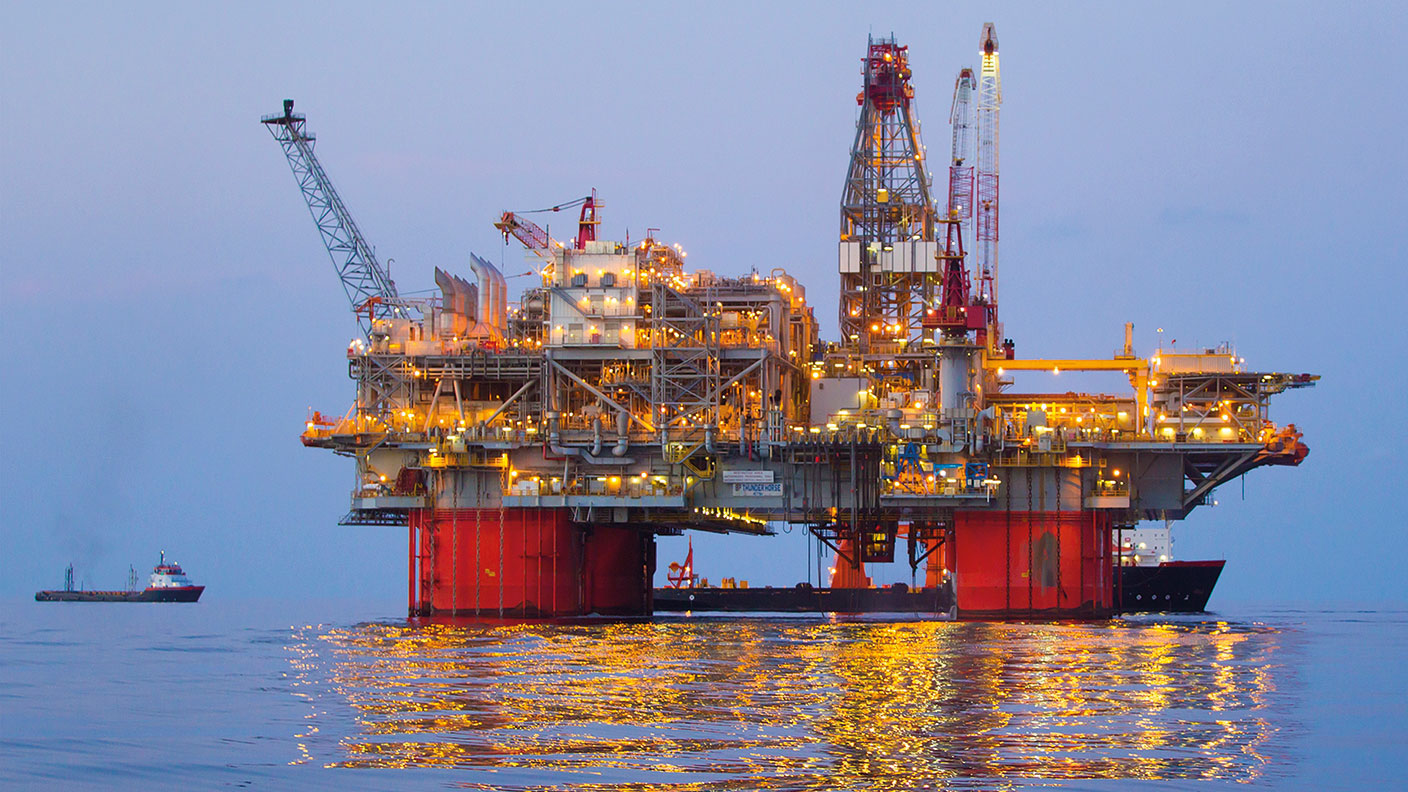
Get the latest financial news, insights and expert analysis from our award-winning MoneyWeek team, to help you understand what really matters when it comes to your finances.
You are now subscribed
Your newsletter sign-up was successful
Want to add more newsletters?

Twice daily
MoneyWeek
Get the latest financial news, insights and expert analysis from our award-winning MoneyWeek team, to help you understand what really matters when it comes to your finances.

Four times a week
Look After My Bills
Sign up to our free money-saving newsletter, filled with the latest news and expert advice to help you find the best tips and deals for managing your bills. Start saving today!
The outgoing BP chief executive, Bob Dudley, about to retire after nearly a decade in charge of the oil giant, has delivered a “parting gift” to shareholders by unexpectedly increasing the company’s dividend, says Jillian Ambrose in The Guardian.
The decline in the oil price has reduced BP’s profits to $2.6bn in the fourth quarter of 2019 from $3.5bn in the same period of 2018. But the energy giant still did better than most people had been expecting. As a result, BP’s shares immediately surged by 3.5% on the news.
BP’s latest results may be “better than expected”, but the dividend increase is still surprising, says Emily Gosden in The Times. In October Brian Gilvary, BP’s chief financial officer, had said that a hike was “unlikely” before the new CEO took charge given the need to focus on debt reduction.
MoneyWeek
Subscribe to MoneyWeek today and get your first six magazine issues absolutely FREE

Sign up to Money Morning
Don't miss the latest investment and personal finances news, market analysis, plus money-saving tips with our free twice-daily newsletter
Don't miss the latest investment and personal finances news, market analysis, plus money-saving tips with our free twice-daily newsletter
However, Gilvary now believes that a dividend increase can be justified given “strong operational momentum” and “growing free cash flow”. There has also been substantial progress on asset sales and debt reduction, with Gilvary announcing that BP plans to sell a further $5bn of assets by mid-2021.
Standing out from the competition
Increasing BP’s dividend makes sense given that high yields “are the only thing attracting many investors to the industry in a world increasingly aware of the impact of fossil fuels on climate change and falling energy prices”, says Laura Hurst on Bloomberg.
It also helps distinguish BP from its peers, who have experienced a “bleak earnings season” so far. However, pressure from fund managers means that no matter how well BP is doing financially, one of its key tasks now “will be to convince investors and the wider public that BP is doing enough to tackle climate change”.
If prices were $70 a barrel there would be plenty of financial leeway for new CEO Bernard Looney to satisfy activists by setting a “meaningful target” to reduce emissions and invest more in renewable energy, says George Hay on Breakingviews. As it is, he’ll have a hard enough task keeping shareholders on board, since the current price of $55 a barrel is not far off the $50 a barrel level needed by BP to cover its capital expenditure and dividends. Overall, while the dividend hike may be enough to secure Dudley’s legacy, it more than “slightly” cramps Looney’s style.
Further falls in the price of oil are certainly not out of the question, says Anjli Raval in the Financial Times. BP has admitted that if the deadly coronavirus outbreak continues to spread it could end up “cutting global oil demand growth by 40% this year”.
Perhaps the only way to halt the current bear market in oil is for Opec , the exporters’ cartel, to agree “emergency production” cuts with Russia that are drastic enough to bring prices back above $65 a barrel.
Get the latest financial news, insights and expert analysis from our award-winning MoneyWeek team, to help you understand what really matters when it comes to your finances.

-
 Should you buy an active ETF?
Should you buy an active ETF?ETFs are often mischaracterised as passive products, but they can be a convenient way to add active management to your portfolio
-
 Power up your pension before 5 April – easy ways to save before the tax year end
Power up your pension before 5 April – easy ways to save before the tax year endWith the end of the tax year looming, pension savers currently have a window to review and maximise what’s going into their retirement funds – we look at how
-
 Is it different this time for Japanese stocks?
Is it different this time for Japanese stocks?Analysis Nikkei 225 Index has jumped 19.8% this year, and there are signs the rally could continue.
-
 As China reopens, why pick an income strategy?
As China reopens, why pick an income strategy?Advertisement Feature Yoojeong Oh, Investment Manager, abrdn Asian Income Fund Limited
-
 Is Japan the best market to invest in now?
Is Japan the best market to invest in now?Opinion Japan puts Western economies to shame and offers good value for both equity and bond investors, says Max King.
-
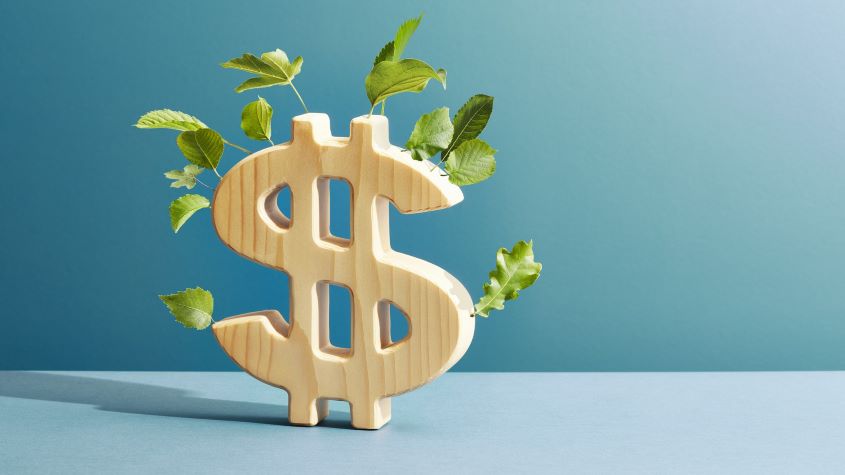 The highest yielding S&P 500 Dividend Aristocrats
The highest yielding S&P 500 Dividend AristocratsTips Dividends are a key component of investment returns in the long-term. A portfolio of dividend aristocrats is a great way to build wealth and a sustainable income stream.
-
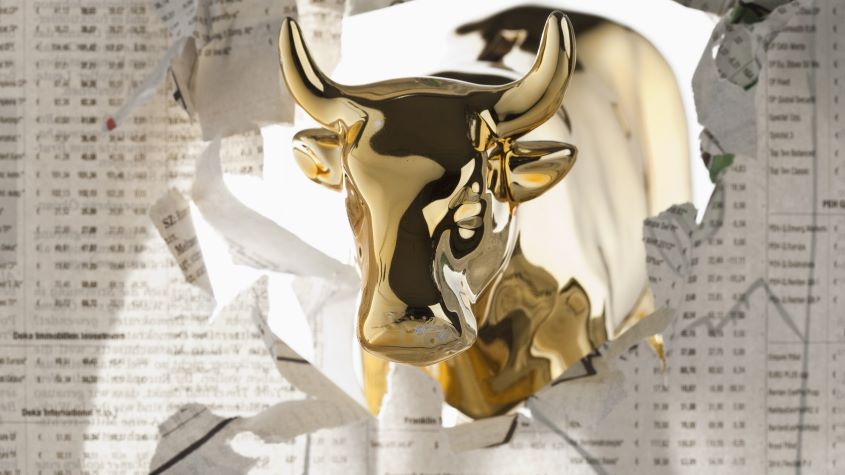 2023 will be a bumper year for stocks. Here’s how to play the rally
2023 will be a bumper year for stocks. Here’s how to play the rallyTips Dominic Frisby explains why he thinks the market rally could have further to run in 2023 despite macroeconomic headwinds
-
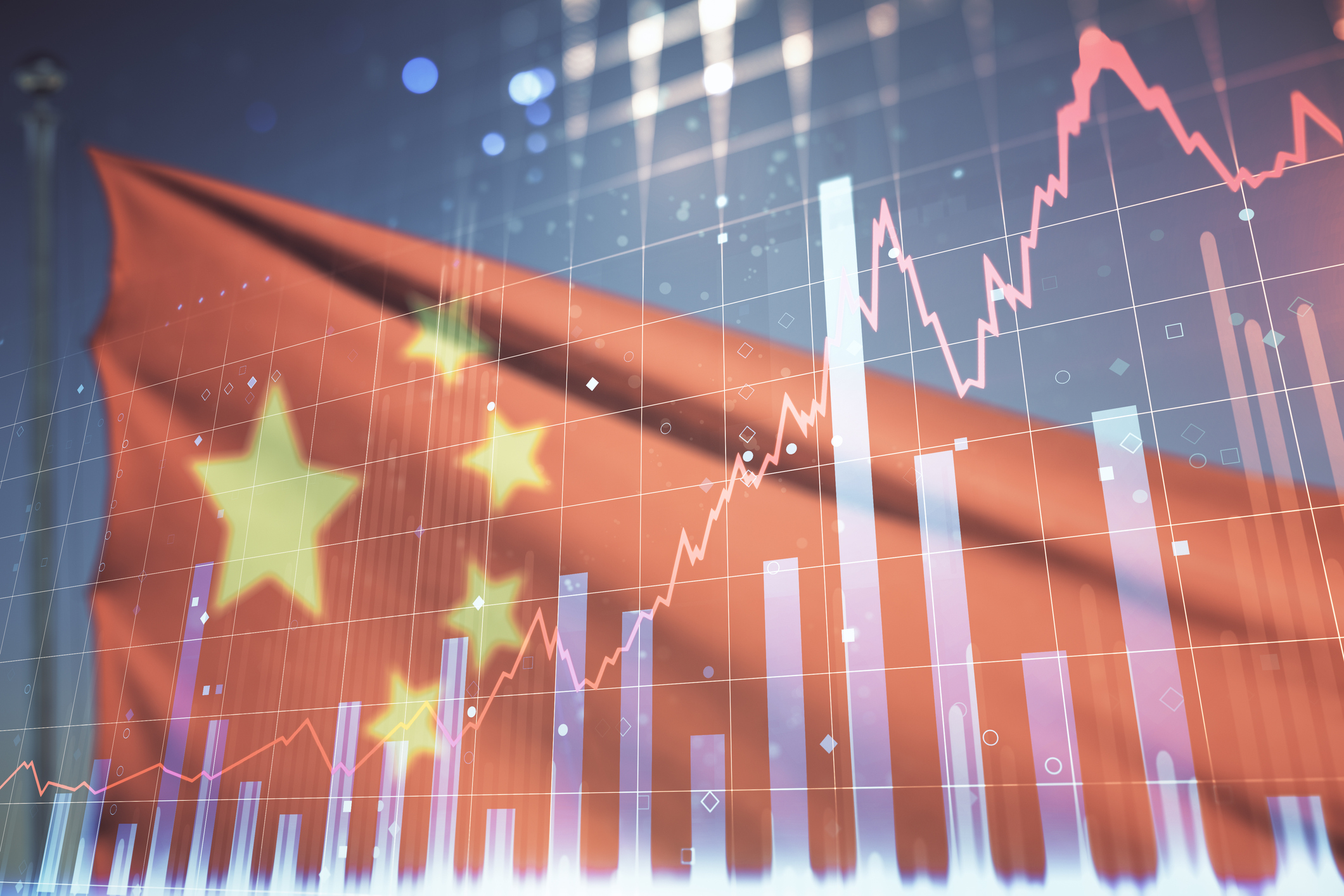 China’s post-covid investment boom off to a slow start. Should you still invest in China?
China’s post-covid investment boom off to a slow start. Should you still invest in China?Advice Investors are no longer bullish on the China shop but the gloomy consensus on Beijing’s economy might be unfair. Should you invest in China?
-
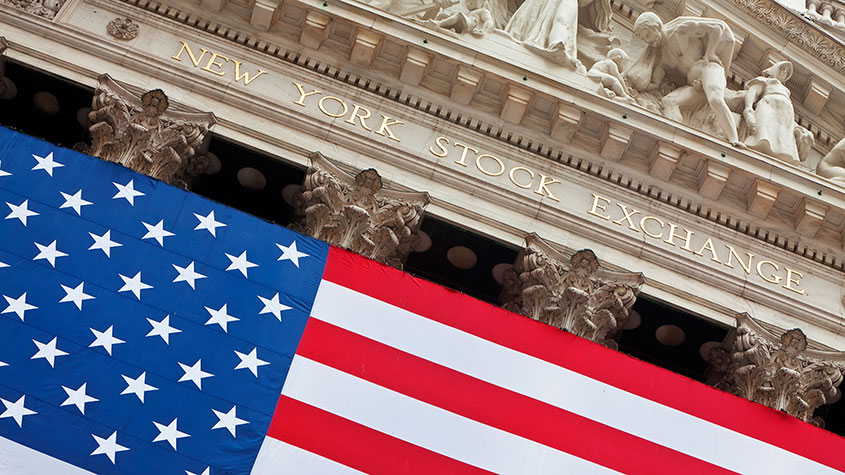 Stock market crash? This time it’s (slightly) different
Stock market crash? This time it’s (slightly) differentOpinion The bears expecting a stock market crash have got it wrong, says Max King.
-
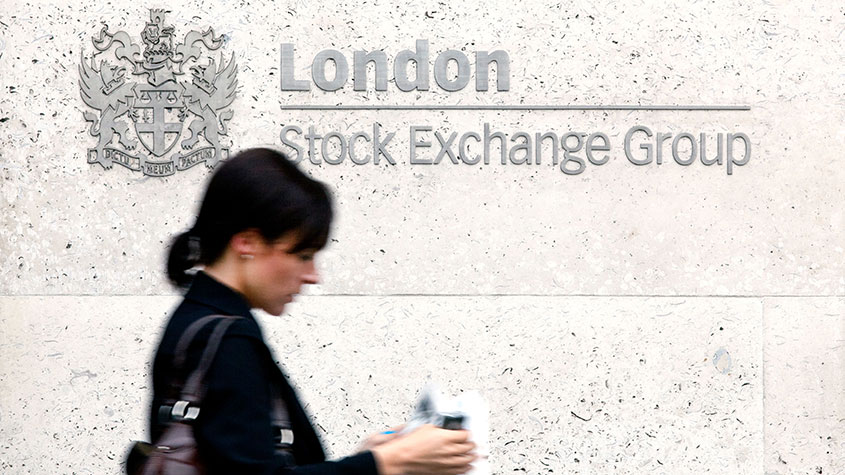 3 UK shares to buy yielding up to 17%
3 UK shares to buy yielding up to 17%Tips 3 UK shares top stocks to buy now, according to Alex Harvey of Momentum Global Investment Management.